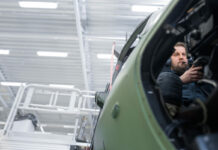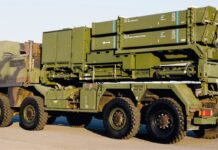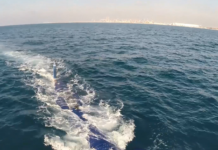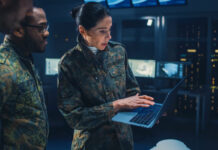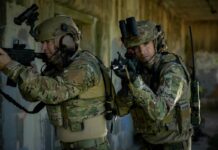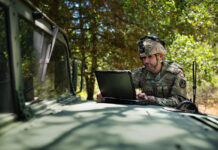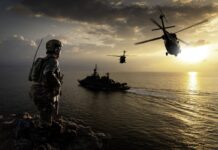Why is OneMed branching into the defense arena?
OneMed has been working a long time with the Swedish Defense and the Defense Materiel Administration. During the pandemic and the new threat situation that Europe faces, the need for a cohesive partner within Medical Healthcare is more obvious.
Which of OneMed strengths will prove to be a benefit to the Swedish and even NATO armed forces?
The most obvious strengths are that we can replace inhouse resources required to procure medical-equipment, trauma and consumables. And also to minimize the number of contracts, logistical difficulties and training administration. Several countries are facing time related challenges when re-establishing the capabilities lost since the end of the cold war era. The complexity within Medical Healthcare has increased significantly with the new MDR regulations and, most likely, the upcoming prohibition for PFAS substances. It’s a massive task to keep track of more than 100’000 unique articles. OneMed is built to handle these tasks.
Who will benefit by OneMed Defense?
Governmental organizations and operation on national levels that need to save time and increase the efficiency within Medical Healthcare. Statistics from NATO show that for every soldier deployed on the ground, it takes 1,4 suppliers. This means that in order to deploy 10000 men there are 14000 suppliers. The administration and logistical challenges are obvious. Of course, we can’t replace all of these, but we can handle those that relate to Medical Healthcare. As mentioned before, there are many articles and suppliers in our industry.
Medical personnel can also benefit from a cooperation with us. We have application specialists with deep knowhow in how to maximize the different products ability and thereby capability. The overall goal is to increase survivability through the whole chain of role 1-4.
Have you learned something from Ukraine war?
Since Russia invaded Ukraine, there has been continuous attacks on hospitals, healthcare facilities, civilian gathering places, and infrastructure for electricity, roads and heating. The tragic consequences when taking care of patients, are that they need alternative power sources for heating and for use of medical equipment. They have also experienced the need for readiness to treat patients for longer periods out in the field. The dangerous environment has also meant that they seek more robust shell protection when they have difficulties to transport patients out of the battle zones.

Peter Olofsson,
Government, Defence & Equipment
Sales Manager, OneMed Sverige AB
peter.olofsson@onemed.com
support@gde@onemed.com





